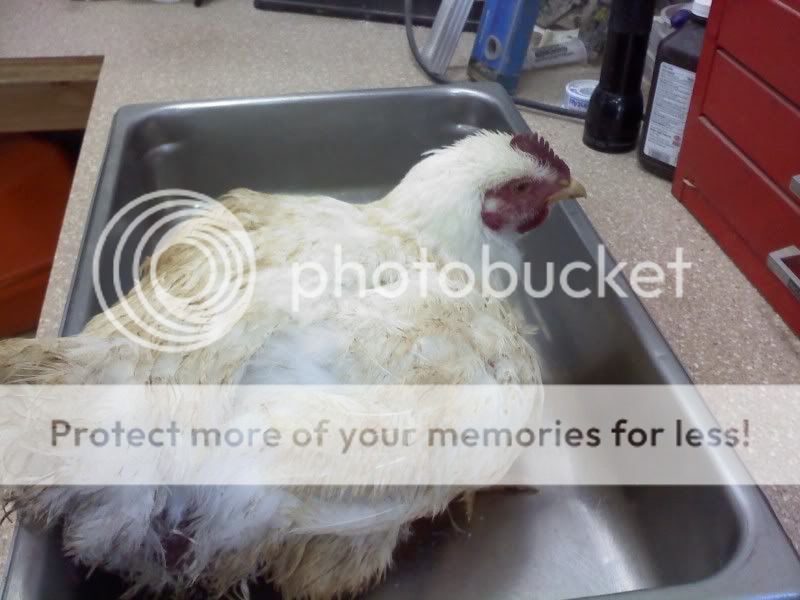I lost a few birds this time to CHF/flip, 4 so far, and I've culled another 10 before they could flip. 12 hour feed schedule. Still have a week and a half before we process them. The one constant in all of the birds I've lost or culled is excessive yellow fluid in their body cavity.
I have a number of syringes, all sterile. Since the fluid is building up I'm thinking of trying to drain the fluid, or a portion of it, to see if I can slow or turn around this process. Just looking to stem losses, or emergency culls, between now and June 4.
Anybody ever try this before? Any success?
Basically I would take an inactive bird with bluish comb, one on teh way downhill, and attempt to drain 20-50 CC's of fluid.
Thanks.
I have a number of syringes, all sterile. Since the fluid is building up I'm thinking of trying to drain the fluid, or a portion of it, to see if I can slow or turn around this process. Just looking to stem losses, or emergency culls, between now and June 4.
Anybody ever try this before? Any success?
Basically I would take an inactive bird with bluish comb, one on teh way downhill, and attempt to drain 20-50 CC's of fluid.
Thanks.




